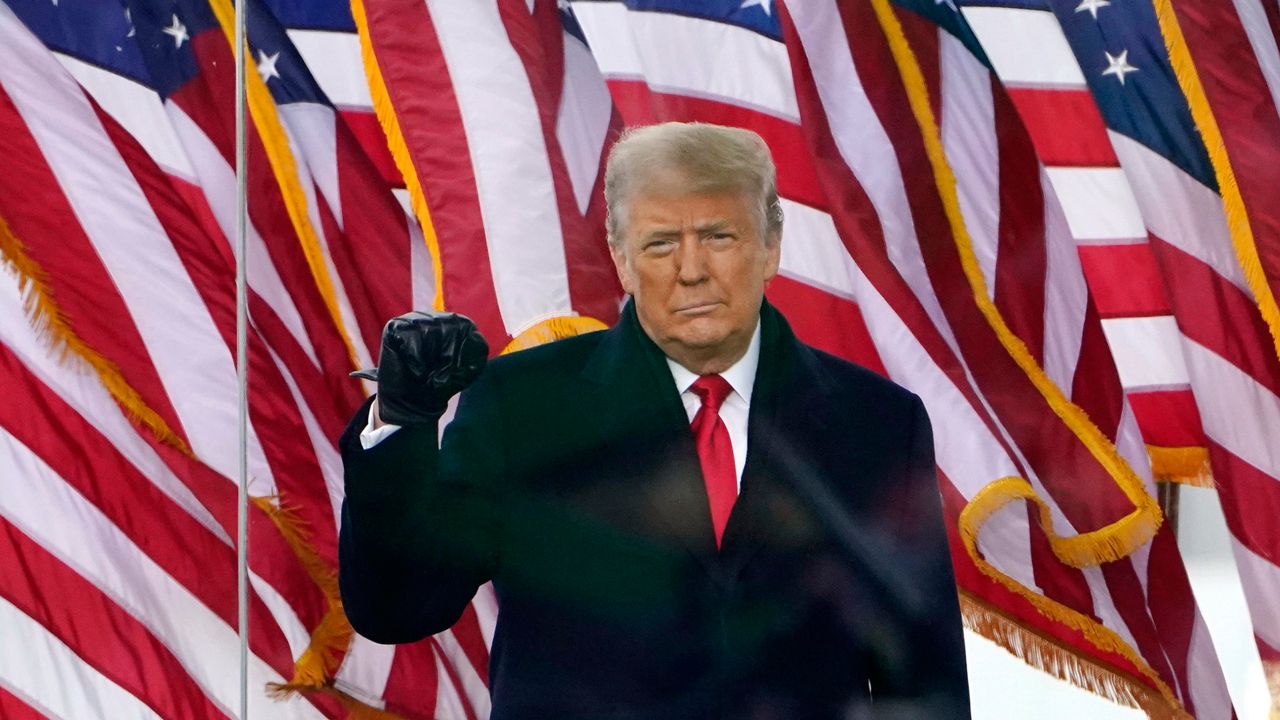Attorneys for former President Donald Trump have formally asked the Supreme Court to block the release of his White House records to the House Select Committee investigating the Jan. 6 riot at the U.S. Capitol.
"The limited interest the Committee may have in immediately obtaining the requested records pales in comparison to President Trump’s interest in securing judicial review before he suffers irreparable harm," Trump's attorneys wrote in the petition to the court.
The move was a widely expected one from the former president after two lower federal courts rejected his attempts to block the National Archives from turning over documents to the panel. Earlier this month, a federal appeals court unanimously upheld a decision made by a lower court in November rejecting Trump's request.
The judges said that there was a "unique legislative need" for the committee to review the documents, which Trump has attempted to shield, claiming executive privilege. President Joe Biden has waived any claims of executive privilege in this case.
Judge Patricia Millett wrote in the decision that "former President Trump has provided no basis for this court to override President Biden’s judgment and the agreement and accommodations worked out between the Political Branches over these documents."
Their decision upheld a ruling by U.S. District Judge Tanya Chutkan, who determined that Congress had a strong public interest in obtaining the records related to the violent riot, during which a mob of Trump supporters stormed the Capitol to disrupt the certification of Joe Biden's win in November's presidential election. Multiple people died in the insurrection.
Judge Chutkan rejected what she said was Trump’s claim that executive privilege "exists in perpetuity," adding: "Presidents are not kings, and Plaintiff is not President."
“At bottom, this is a dispute between a former and incumbent President,” Judge Chutkan said. “And the Supreme Court has already made clear that in such circumstances, the incumbent’s view is accorded greater weight.”
The National Archives has previously said that the records Trump wants to block include "a draft Executive Order on the topic of election integrity," presidential diaries, visitor logs, speech drafts and handwritten notes “concerning the events of January 6" from the files of former chief of staff Mark Meadows.
The District Court gave the former president 14 days to appeal the decision to the Supreme Court.
This is a developing story. Check back later for further updates.
The Associated Press contributed to this report.



